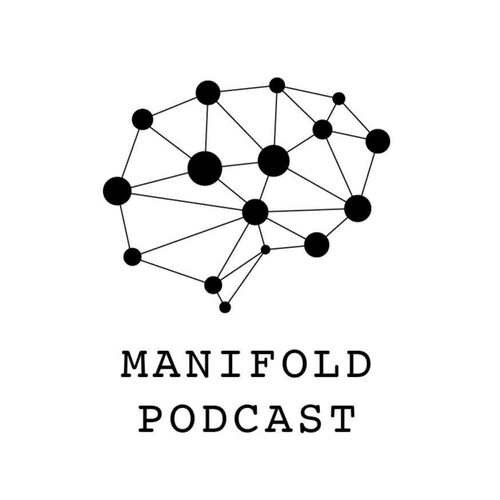
 Manifold
Manifold Joscha Bach: Consciousness and AGI — #76
119 snips
Jan 2, 2025 Joscha Bach, a German cognitive scientist and philosopher, delves into the intricate relationship between consciousness and artificial general intelligence (AGI). He discusses his unique upbringing in East Germany, early programming experiences, and the evolution of AI. The conversation explores the ethics of brain interventions, the future of consciousness research, and cultural perspectives on suffering. Bach also addresses the simulation hypothesis and the potential for AGI to enhance human creativity, posing profound questions about identity and self-awareness.
AI Snips
Chapters
Books
Transcript
Episode notes
Childhood in the Woods
- Joscha Bach grew up in East Germany, largely isolated in a forest due to his father's societal disconnect.
- This upbringing fostered self-reliance and a unique perspective, leading him to value intellectual stimulation despite preferring solitude.
Early Reading Habits
- Joscha Bach's early reading focused on understanding societal canons, not just pleasure.
- He prioritized grasping the foundations of society through diverse sources like the Bible, Einstein's biography, and even Gone with the Wind.
Academic Journey
- Joscha Bach chose academia to understand the mind, finding computer science aligned with his thinking style.
- Early exposure to Commodore 64 fostered his understanding of constructing reality within computational systems.






